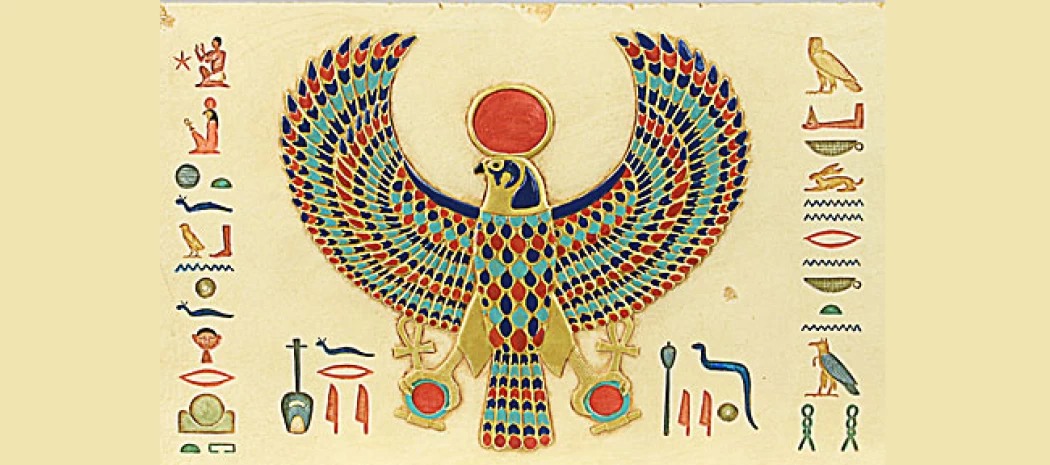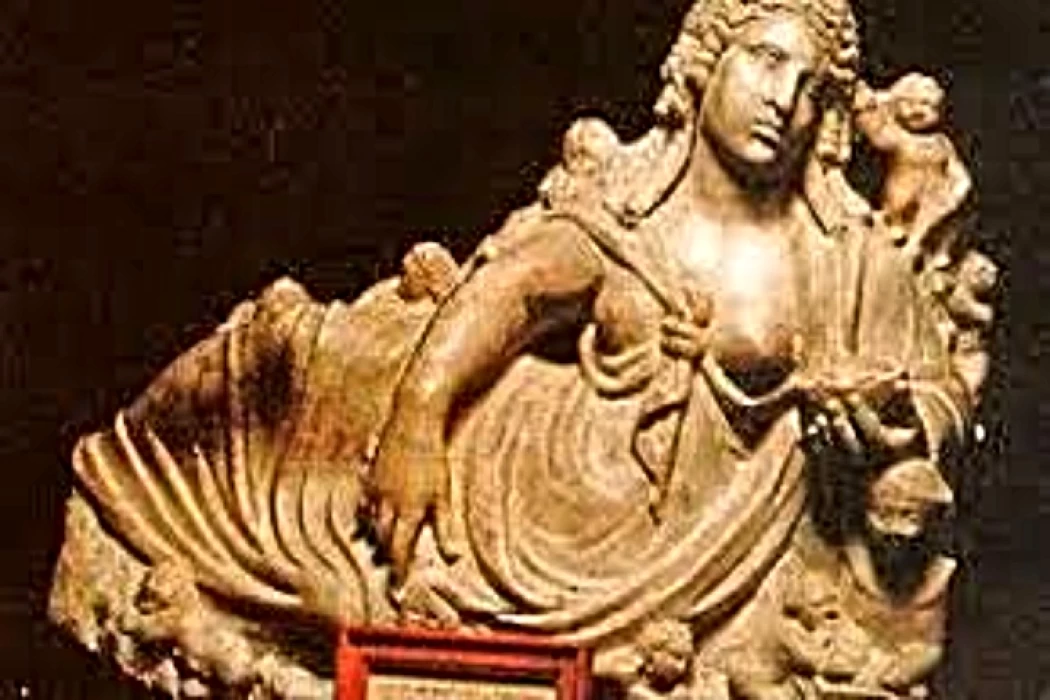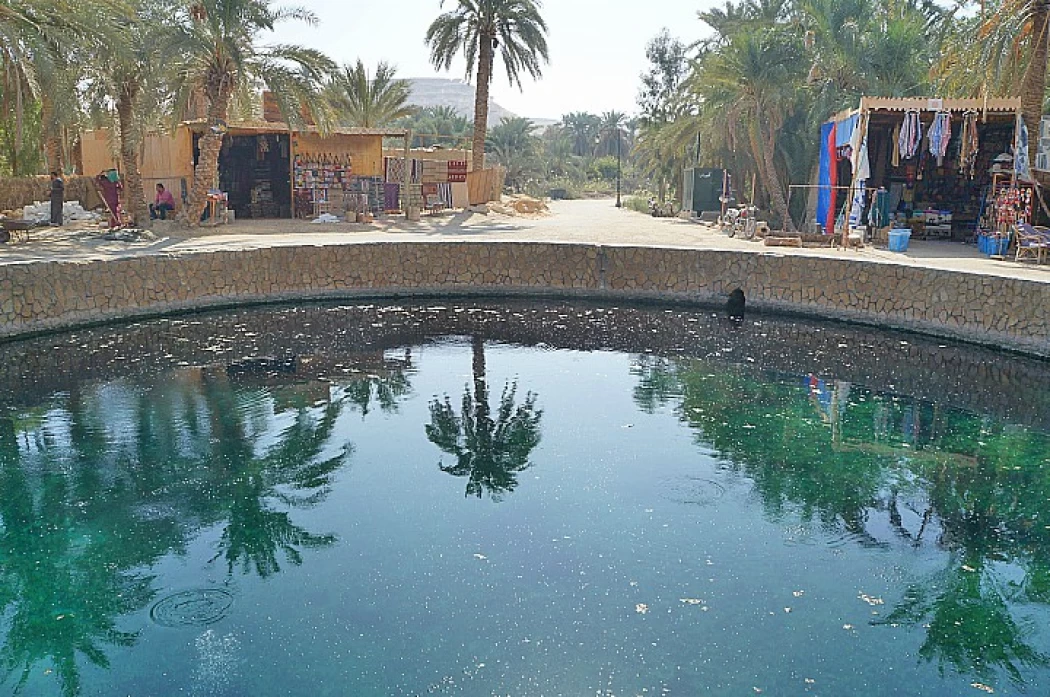
The God Horus
God Horus
Horus is among the most significant gods in ancient Egyptian mythology. He was thought to be the giver of life, protection, war, and royalty. Horus was closely associated with the pharaonic kingdom and was seen as the living appearance of the pharaoh, thus making him a symbol of divine authority and just rule.
The Ancestors of Horus and His Role in Egyptian Mythology
He appeared in several guises in different periods of ancient Egypt and was represented by various forms and nicknames, the most popular being Horus, the son of Isis, and Horus the Great.
As the story goes, Horus was the child of the goddess Isis and the god Osiris, conceived after his father's murder by the devil Set. For protection, Isis hid her little son in the marshes of the Delta until he grew strong enough to fight Set and claim his father's throne.
The battle between Horus and Set
The most important story in Egyptian mythology is the one section narrating the wars that followed between Horus and Set while they both fought for control of the throne.
Some accounts claim that during the battles, Horus lost one of his eyes, although it regained its sight due to the benevolence of Thoth, and eventually, in Egyptian mythology, Horus' Eye became a symbol of protection, power, and healing, being used as a talisman by Egyptians on an everyday basis.
The ancient Egyptian conception was that Horus would present the deceased to Osiris, and if he passed the Libra test, he would be beautifully clothed and enter paradise.
Horus Shapes and Symbols
Horus is often depicted as a man with a falcon's head or sometimes as a full-fledged falcon. Some of his important symbols include:
The Eye of Horus symbolizes protection, power, and healing.
The falcon: The falcon was thought to represent Horus's all-encompassing vision of heaven and earth.
The double crown symbolizes his control over Upper and Lower Egypt.
Horus and the Pharaonic Kingdom
Each pharaoh was considered the living embodiment of Horus during his lifetime, and upon his death, he was seen as Osiris. Hence the royal title “Living Horus," symbolizing the continuity of divine rule. Pharaohs used royal names associated with Horus, such as Horus Mahab and Horus Sakhmoy.
Horus worship and popularization
The worship of Horus was common throughout Egypt, and he was worshipped in major temples such as the Edfu temple, one of the most important sites dedicated to him.
He also had different local forms, like Horus Bahdati in Edfu and Horus Sobd in other areas.
Horus's influence on later cultures
Horus' importance was not limited to Ancient Egypt, and his influence spread to other cultures, with some of his attributes being incorporated into later religions.
There are many symbols associated with him, including the Eye of Horus, that are still used today in jewellery and amulets as symbols of protection and power.
Horus is one of the most influential gods in ancient Egyptian civilization, embodying the values of justice, protection, and royal power.













